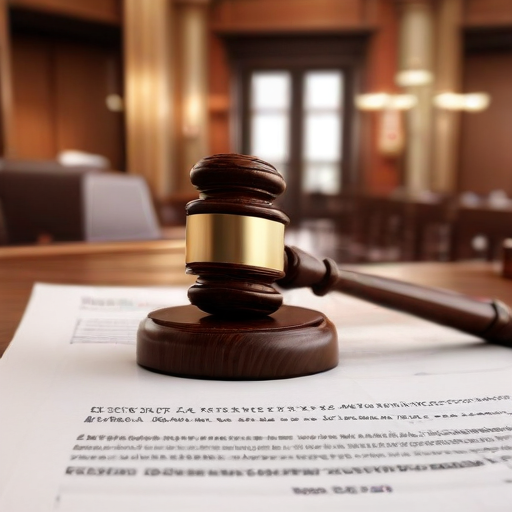Special Counsel Jack Smith took a significant step on Monday by filing motions to dismiss all federal charges against President-elect Donald Trump concerning the mishandling of classified documents and his attempts to overturn the 2020 election results, culminating in the January 6 attack on the U.S. Capitol. U.S. District Judge Tanya Chutkan swiftly approved this motion, thereby concluding the case that accused Trump of unlawfully conspiring to retain power after losing the election.
Initially indicted in June 2023 on 37 felony counts related to the improper handling of classified documents, Trump faced allegations including the willful retention of national defense information and obstruction of justice. Although a Florida judge dismissed these charges, Smith’s team had sought to appeal. Additionally, Trump was indicted on four separate felonies in August 2023 related to his efforts to challenge the election results.
Trump has long claimed that these prosecutions were politically motivated, maintaining his not guilty pleas in both federal cases. The historic nature of these indictments marked the first time a president faced such accusations, signaling an extraordinary moment in American history.
The dismissal of the cases marks a historic milestone as well. Remarkably, fifty years after the resignation of Richard Nixon amid criminal allegations, Trump has been returned to the presidency by a significant portion of American voters. The long-standing policy of the Justice Department stipulates that sitting presidents cannot be prosecuted while in office, a stance that will now apply to Trump following his inauguration on January 20.
Smith’s office noted that the circumstances around Trump’s election warranted a reconsideration, stating “The Government’s position on the merits of the defendant’s prosecution has not changed. But the circumstances have.” This legal framework allows a president to focus on their duties without the burden of ongoing legal battles.
In recent weeks, conservative judges played a pivotal role in shaping the legal landscape surrounding Trump’s cases, affirming a broad interpretation of presidential immunity and overturning previous decisions that allowed for prosecution. One notable ruling from a Trump-appointed judge in Florida dismissed the charges of mishandling classified documents, a decision criticized by many legal experts.
As the political climate evolves, Trump’s spokesperson heralded the dismissal as a victory for the rule of law, asserting that it ends what they describe as the politicization of the justice system. The situation surrounding the January 6 rioters remains delicate, with Trump hinting at potential pardons for those he views as political prisoners.
With Trump expected to be inaugurated amidst a backdrop of contentious political discourse, the focus will likely shift toward unity and healing the divide created during his previous presidency. As the nation reflects on the implications of these legal developments, there exists a glimmer of hope that constructive dialogues and a renewed commitment to democratic principles can pave the way for a more unified future.
In summary, the dismissal of federal charges against Trump not only transforms the political landscape but also sets the stage for considerations of fairness in legal processes involving elected officials, reinforcing the idea that no one is above the law.
